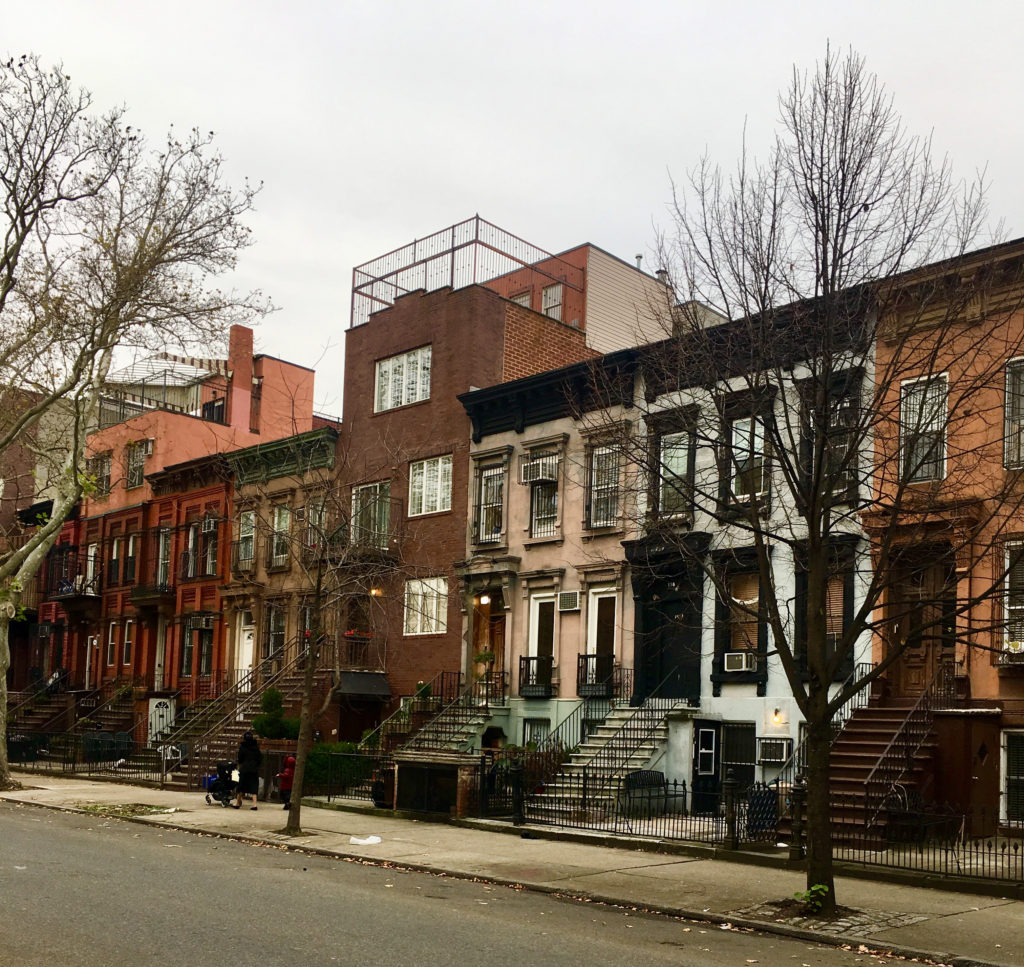Relief could be coming soon for victims of deed theft
Brooklyn pols sponsored a bill that would return stolen homes to their rightful owners

A bill that will help ripped-off homeowners get their property back has passed both the New York Assembly and the Senate, and is awaiting the governor’s signature.
The bill is meant to combat property fraud, which has turned into a crisis in Brooklyn’s gentrifying neighborhoods, according to housing advocates and local officials.
Sponsored by state Sen. Velmanette Montgomery (Bedford-Stuyvesant-Red Hook) and Assemblymember Helene Weinstein (Flatlands-Sheepshead Bay), the legislation provides greater protections for homeowners who are in default or foreclosure. It also strengthens laws regulating shady property “consultants.”

Brooklyn Boro
View MoreNew York City’s most populous borough, Brooklyn, is home to nearly 2.6 million residents. If Brooklyn were an independent city it would be the fourth largest city in the United States. While Brooklyn has become the epitome of ‘cool and hip’ in recent years, for those that were born here, raised families here and improved communities over the years, Brooklyn has never been ‘uncool’.